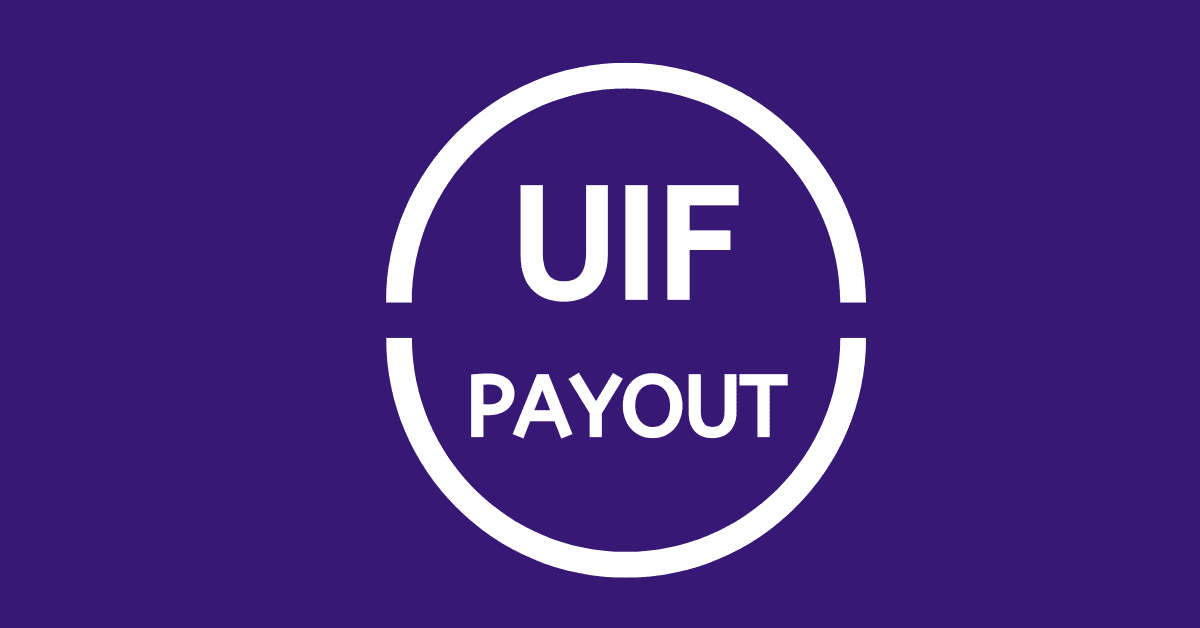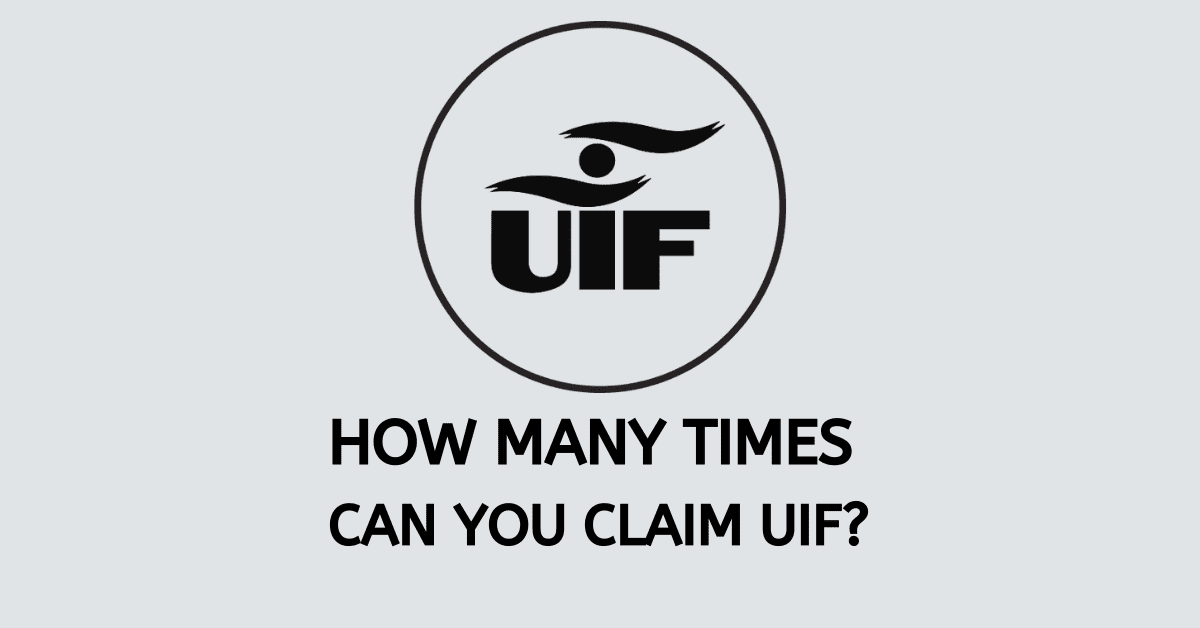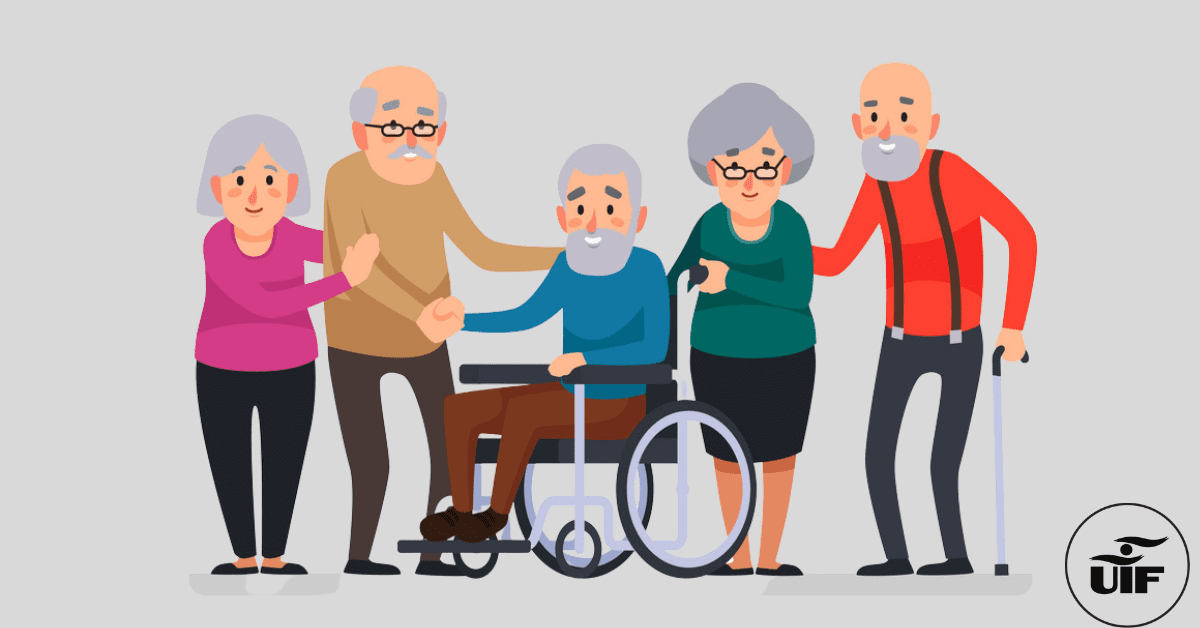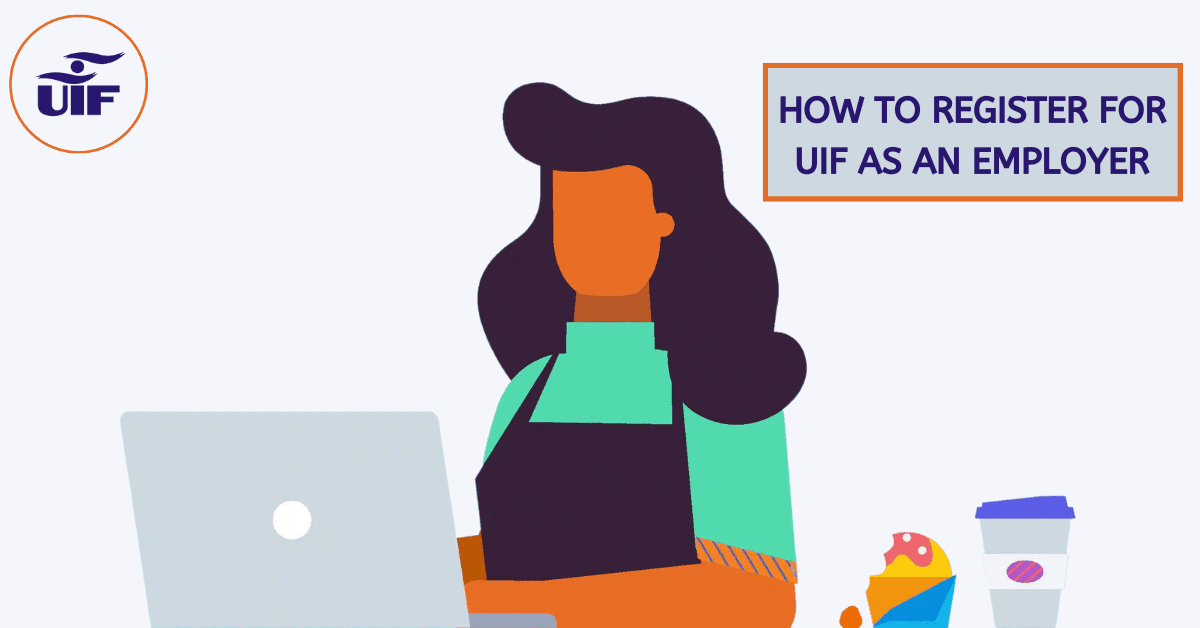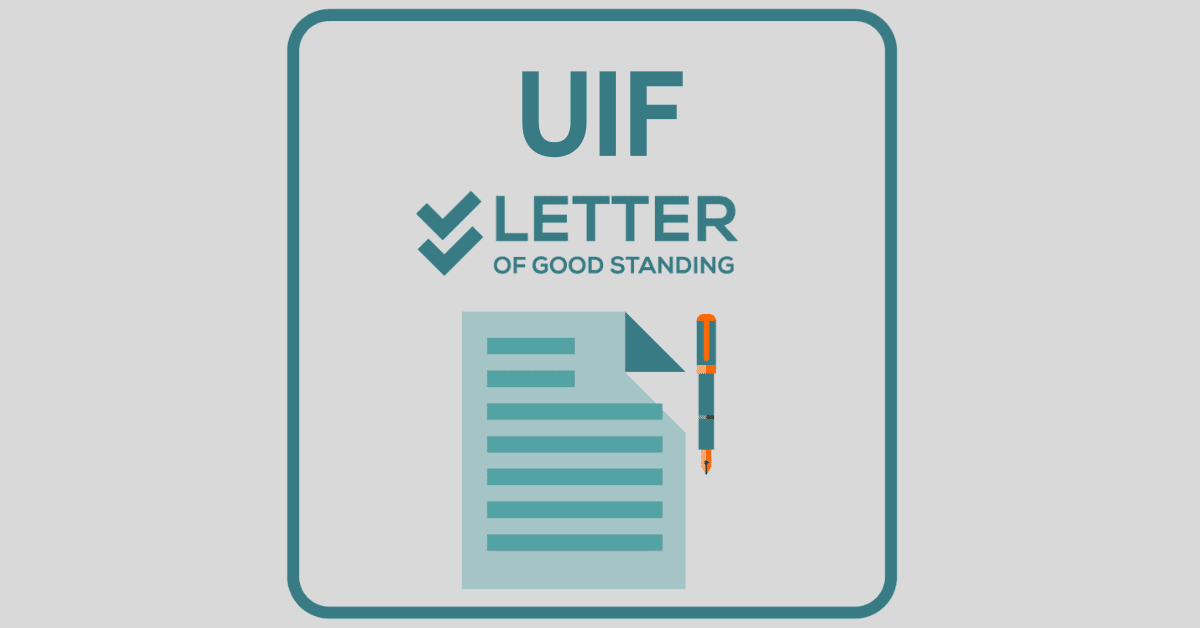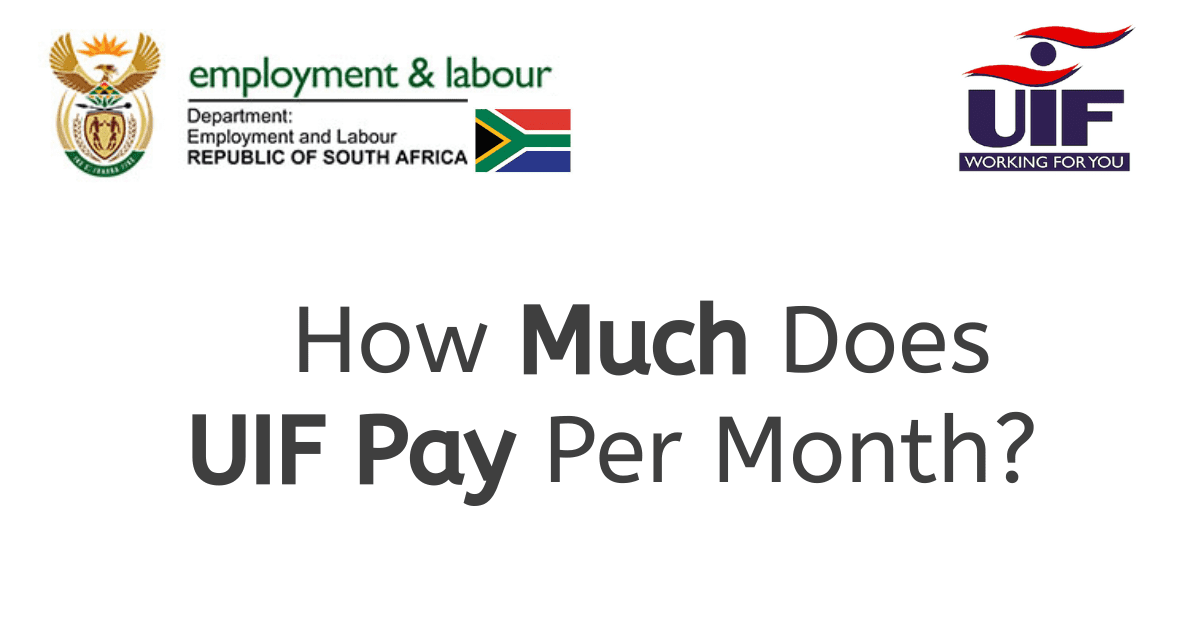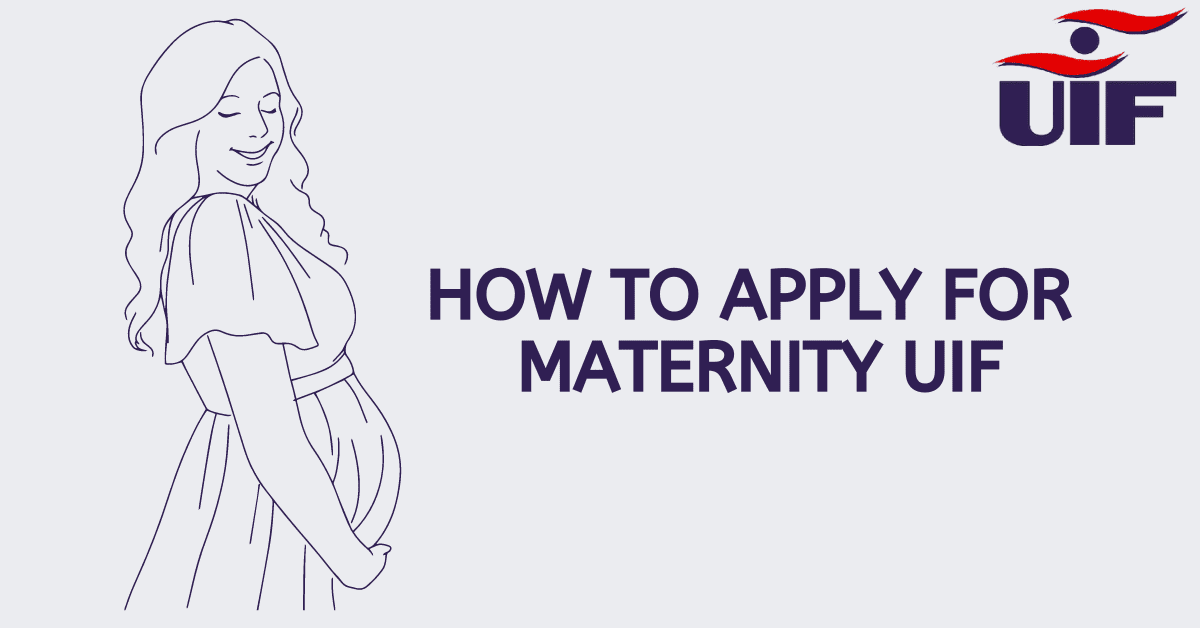No individual will love to embrace retrenchment in our modern world but remember, it can happen to anyone. Retrenchment simply means being laid off by your employer due to external or internal factors within the company to increase profit or reduce losses.
What do you do when you are retrenched? What becomes your next move after retrenchment? A question that will make you think twice about your life. And this is why every employee should be part of UIF so that your life does not sink easily when such issues arise. Individuals who are part of UIF can make claims when retrenched. If you have been retrenched and want to claim UIF online
How to claim UIF when retrenched online
Before you claim UIF when retrenched online, you must have applied online already. Once your online application has been completed, you can log in to your UIF account by visiting the ufiling official website – www.ufiling.labour.gov.za/uif/
Verify your bank details and personal details. These exact details will be used to process your claims. Indicate the period you were retrenched by completing your job details, qualifications, and employer details. After completing this process, you will receive a notification that confirms your details are being processed. This usually takes a couple of weeks, and patience must be exercised. However, this is the online procedure, but you can follow up by calling the labour department.
How to apply for UIF after retrenchment
Applying for your UIF after retrenchment means you have been laid off but are ready to join the pool of job seekers. This is a temporal transition for retrenched workers to enjoy some benefits. The government expects all retrenched individuals to apply for UIF but, while doing so, undergo training and guidance, preparing them for their next job.
Visit www.ufiling.labour.gov.za/uif/unemployment-benefits if you are looking to apply for UIF after retrenchment.
Once the page opens, click on unemployment benefits, as that represents retrenchment. Confirm the terms and conditions on the page. After confirming, this page moves you to the next page, which allows you to fill in your bank details. Enter your job details and qualification. This process will enable you to get your claims online.
As part of claiming UIF retrenchment online, you are required to submit your personal details and update any changes. Finally, you have to confirm you are a work seeker. The above is a guide on how to apply for UIF after retrenchment online. You can also apply by visiting the nearest labour department and submitting your vital details to the officers to help you with the application.
The officers will process your details at the backend once all is done. You can follow up with a phone call by submitting your UIF reference. Important information about how to apply for UIF after retrenchment is quickly registered as a work seeker. Within 6 months after retrenchment, you can also apply for UIF.
How to claim UIF when dismissed
Dismissal can be the worst moment for every employee. Knowing that you contributed to UIF, dismissal should be a turning point to pick the pieces up. Before contribution, your employer must be registered under this scheme. This is the ultimate step that will guarantee your UIF claims. If you want to claim UIF when dismissed, I am sure this article will significantly help.
Your employer can file reasons for dismissing you. When this reaches the labour department, it is marked as a dismissal on a bad record. At this point, you can not claim UIF. If you were dismissed based on lousy conduct, you can not claim UIF.
The good note is that if your dismissal came in as an agreement on a good record, you can visit the nearest labour centre to fill out your claim form. But I doubt if any dismissal is on a good note. To further say, the labour department will then provide you with a form that needs to be filled out by your employer as well. The information on the form will give certainty to your claims. Your claims will be processed if you can provide the labour department with the following details; ID card, bank details, and a letter from your employer. These documents will be used to file your claims upon dismissal.
How to claim UIF in South Africa
Claiming UIF in South Africa categorically means you and your employer are under the UIF scheme. To qualify for UIF claims, you must be a citizen of South Africa and must have worked in the past. You must have registered and contributed to UIF before you can claim.
Without contribution, you can not claim UIF in South Africa. The government, under the labour unions, sees that all claims from individuals must undergo strict supervision and processing.
You can walk to any labour department in South Africa and submit your details to claim UIF.
How to claim UIF after dismissal
It is important to note that one can not claim UIF after dismissal. Irrespective of your contribution during your working period and upon dismissal, you can not claim UIF unless your dismissal was done on a good record. It is uncommon to find a dismissal on a good record.
If you still believe your dismissal was on a good record, you can file your UIF claims within 6 months after dismissal at any labour department. Submit your ID, bank details, and UIF reference number to any of the offices you find yourself in. the officer will assist you. Not to discourage you, the labour department may not accept claims based on dismissal.
How to claim UIF as an employee
To claim UIF as an employee, you must have registered under this scheme and contributed for months. You are not qualified to claim UIF as an employee without the above. An employee who is retrenched can claim UIF. If you are dismissed or resigned from work, just note that you can not claim UIF as an employee.
An employee can claim UIF by visiting any of the labour department offices if they fall within the qualifications of the scheme. Submit your ID, UIF reference number, and other job details to claim UIF as an employee.
How to claim UIF from the previous employer
Many people have been asking about how to claim UIF from their previous employer. The vital point of UIF is to provide support in the short term. At the same time, you are being guided, coached, and assisted in finding another job, depending on your condition.
Claiming UIF from a previous employer is not possible. UIF can be claimed if you were registered and also contributed. Your 2% contribution from both your end and that of your employer must go into the coffers of the UIF. Your employer can not pay UIF to you; it is only the labour department that is mandated to do so. Therefore claiming UIF from a previous employer is not possible.
How to claim UIF while still working
The government introduced this UIF scheme to support citizens of South Africa in terms of misery like retrenchment, illness, and other critical issues that stop one from working. According to labour law, you can not claim UIF while working. The fund is set aside to provide aid in terms of any quick surprises that prevent you from working and not while still working. Under no circumstance can you claim UIF while still working.
How to claim UIF when resigned
Resignation is a voluntary action by the employee to end his employment status. If you resigned, it clearly means you made this decision yourself. How to claim UIF when resigned has been of the most asked questions, and today, we will let you understand the core value and objectives of the UIF scheme when you resign.
In simple terms, the contribution to the UIF from your gross monthly income to the labour department is set aside to support individuals during difficult working times, including retrenchment, illness, maternity leave, adoption needs, and having a deceased spouse or partner. These conditions are the valid reason that stops one from working, and under labour law, you can put in claims once you fall into this category.
If you decide to resign, you do not fall under the UIF qualification and cannot claim. Although you have registered and contributed to UIF, you do not meet the criteria to claim UIF when you resign.

